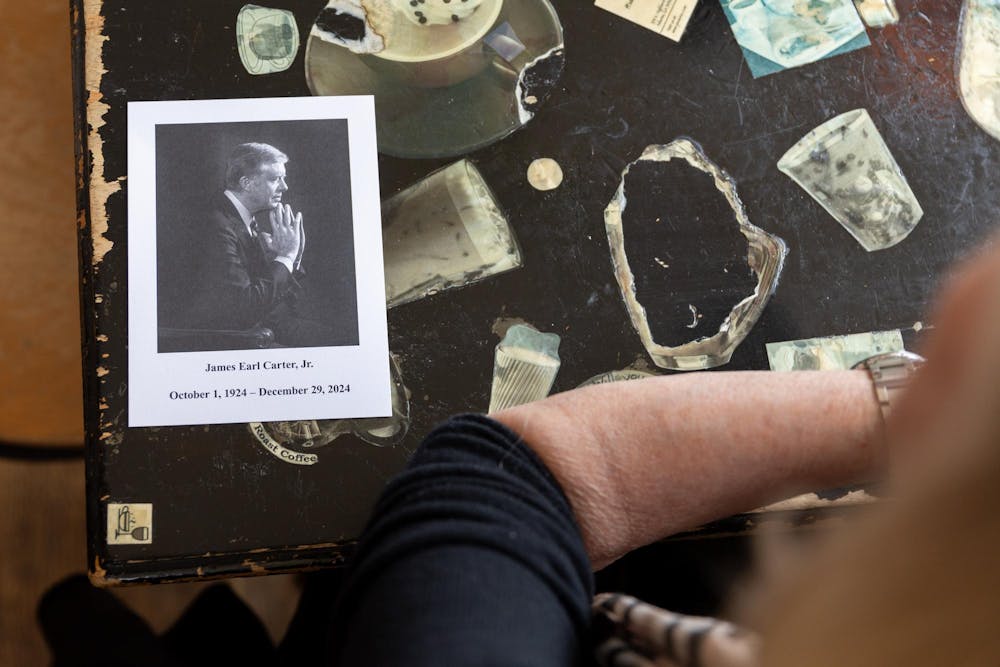The work of Southern progressives continues, now without their greatest champion.
Jimmy Carter, the peanut farmer from rural Georgia, insisted he'd never tell a lie. With his knowing gaze and toothy smile, he won the scandal-weary American public’s trust, offering a new moral center for the United States. Carter never asked us to respect the office he took, but the man he was. He was a proud American, a son of the South and a proclaimed “progressive evangelical.”
Carter’s down-home drawl reignited the trust of Americans searching for moral authority. His approach in the Oval Office was one-of-a-kind, favoring steady resolution over flashy political wins. His vice president, Walter Mondale, once said, “The worst thing you could say to Carter if you wanted him to do something was that it was politically the best thing to do.”
Returning home to Plains, Georgia, Jimmy and his wife Rosalynn saw yet another harvest. Liberated from the corrupting, compromising reality of politics, the Carters were able to pursue their steady, sustainable progress toward a better future by founding The Carter Center. This mission was more than ideological — it was a theological one.
An ever-confessing Christian, Carter refused to let institutional conventions isolate him from any corner of humanity. His faith led him not toward power, but toward “the least of these brothers and sisters.”
As president, Carter was the first to invite LGBTQIA+ advocates to the White House and appointed more minority judges to federal circuits than any president before him. He broke lockstep with fellow evangelical politicians by stripping "tax exempt" status of Christian "segregation academies.” Ultimately, he left the Southern Baptist Convention — the largest Protestant denomination in the U.S. — due to its staunch opposition to women’s equality in the church.
Carter saw the fight against climate change as a religious crusade, viewing stewardship of the earth as a moral obligation. For him, every fight for equality, security and progress was an act of faith. The Carter Center became a ministerial arm of American idealism, shaping futures in South Georgia and South Sudan alike.
His steadfast devotion to his ideals, channeled through progressive evangelism, made him one of the most explicitly religious presidents in modern memory. Carter was singular in his fusion of Southern populism, Christian faith and progressivism. Each of these ideals seems to us diametrically opposed, but in Jimmy Carter, they worked in perfect harmony.
It was unquestionable to Carter that all Americans should be equal under the law, just as they are in the eyes of Christ. This unshakeable belief often put him at odds with fellow Americans, fellow Christians and even fellow Democrats.



